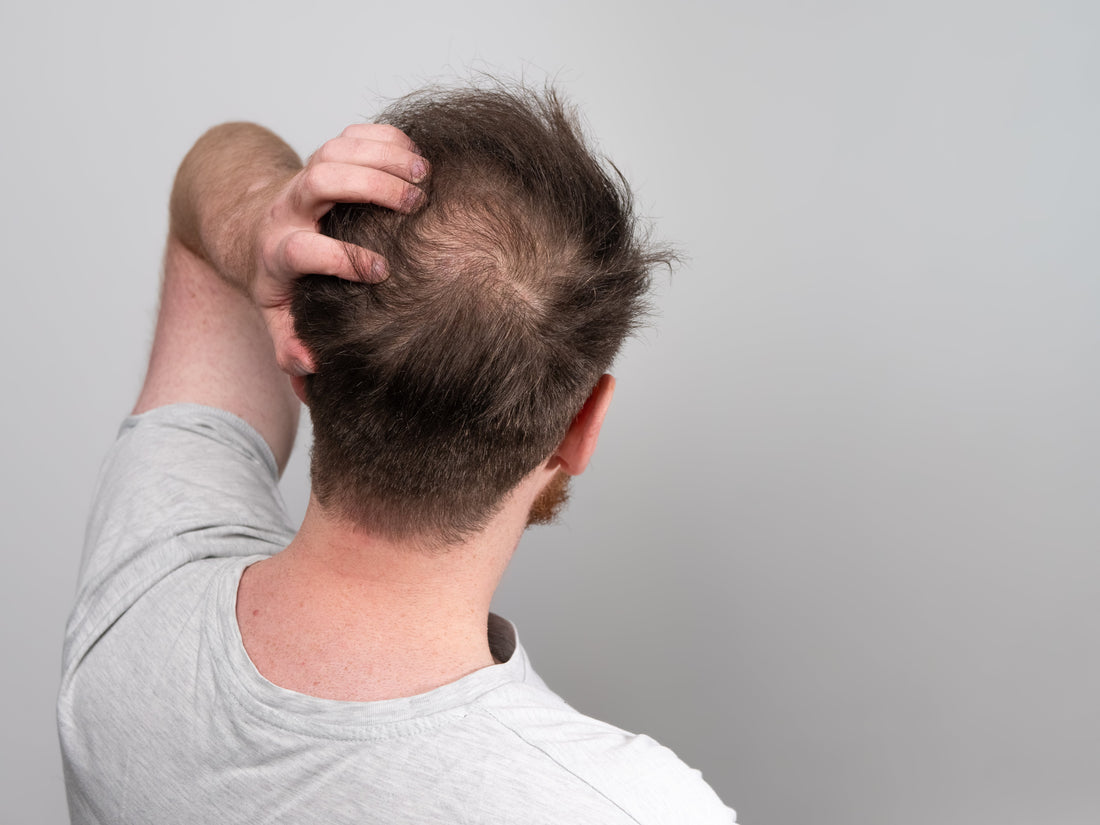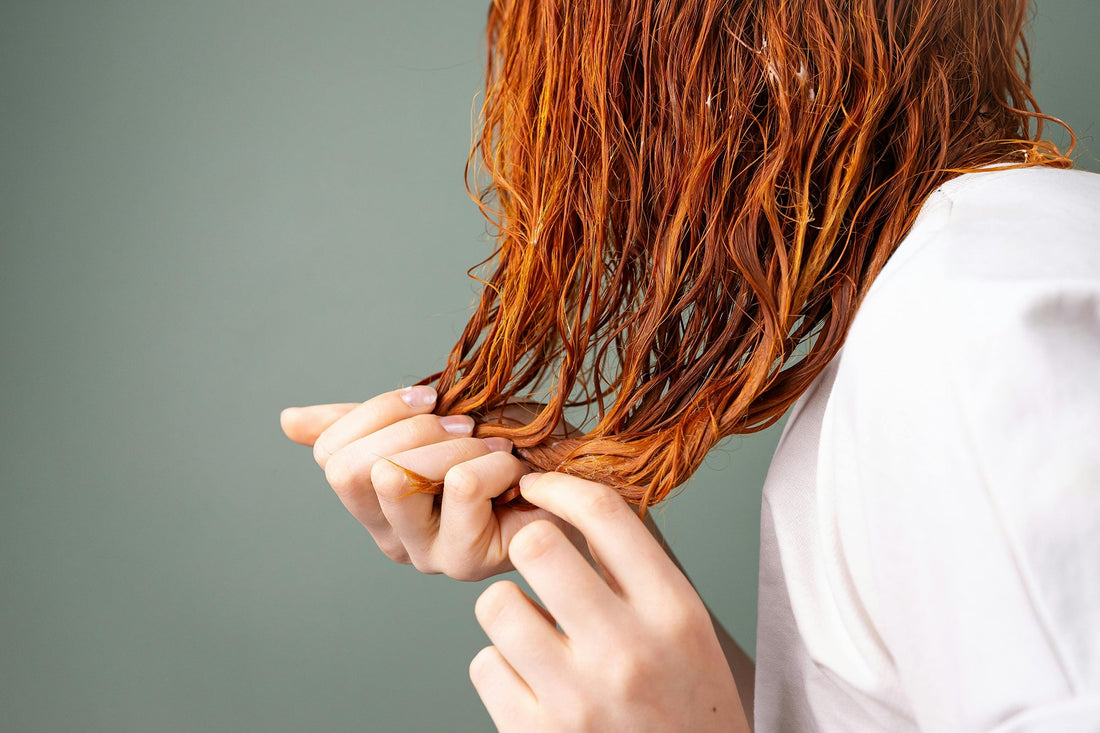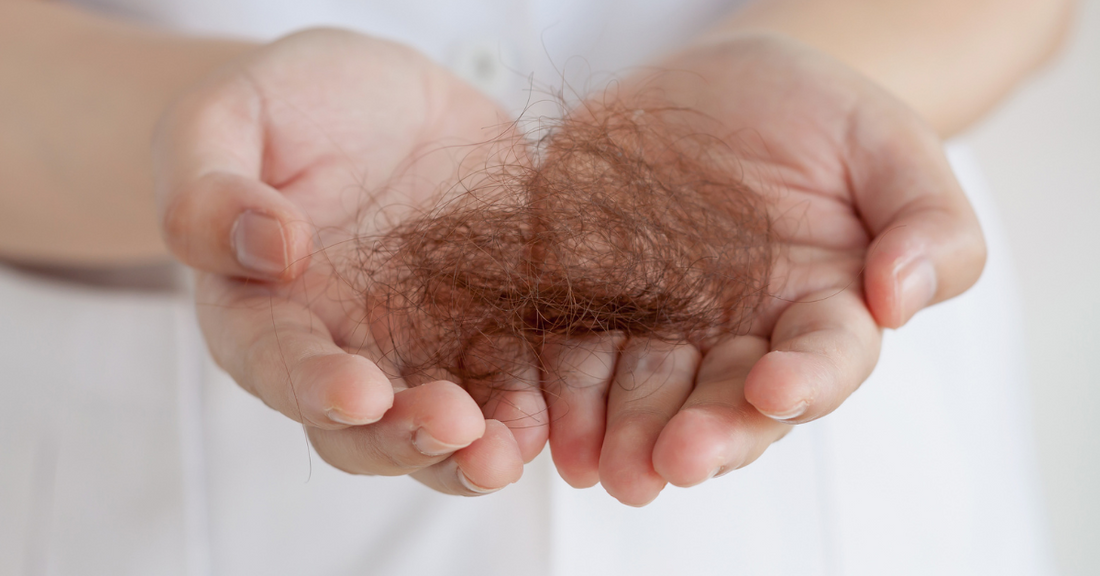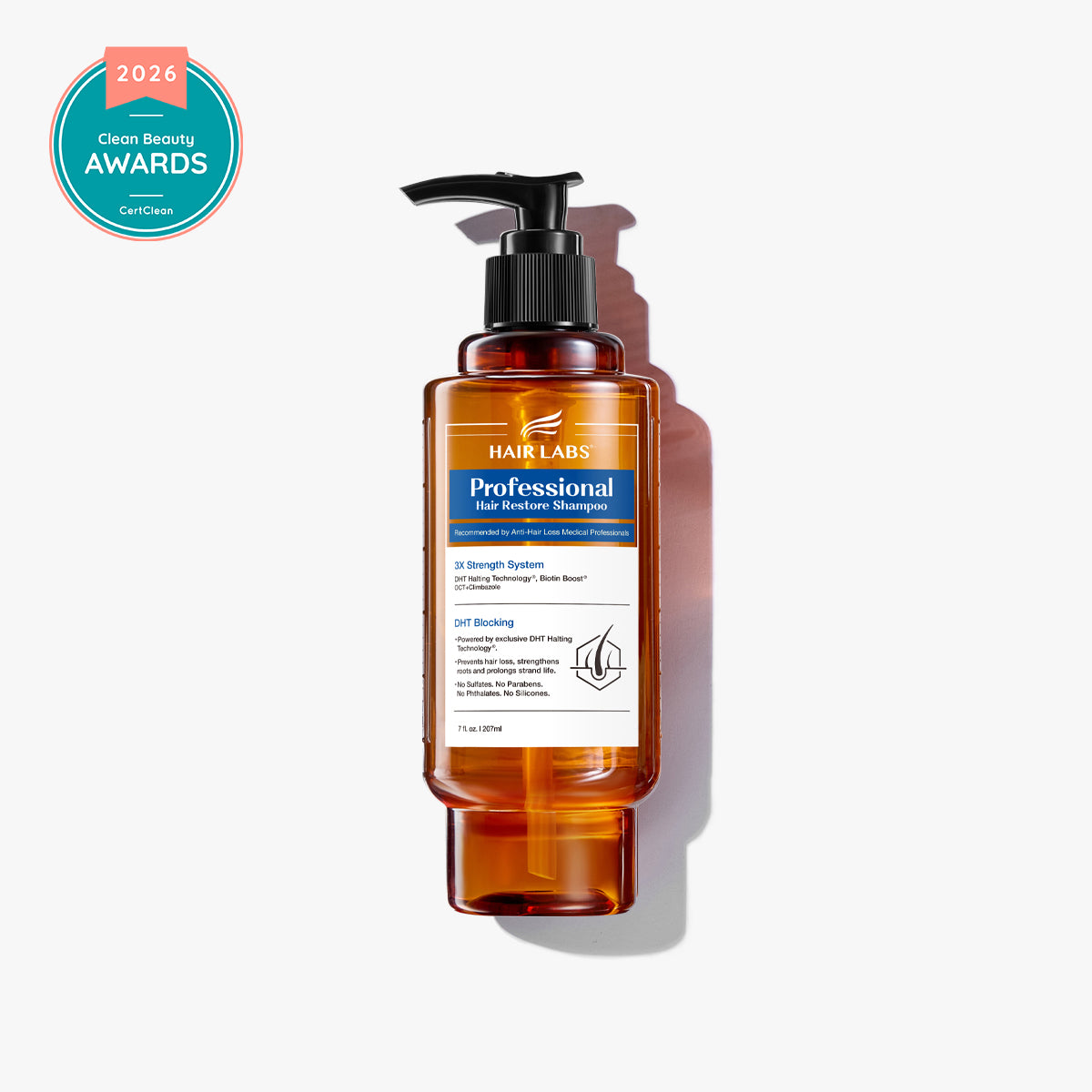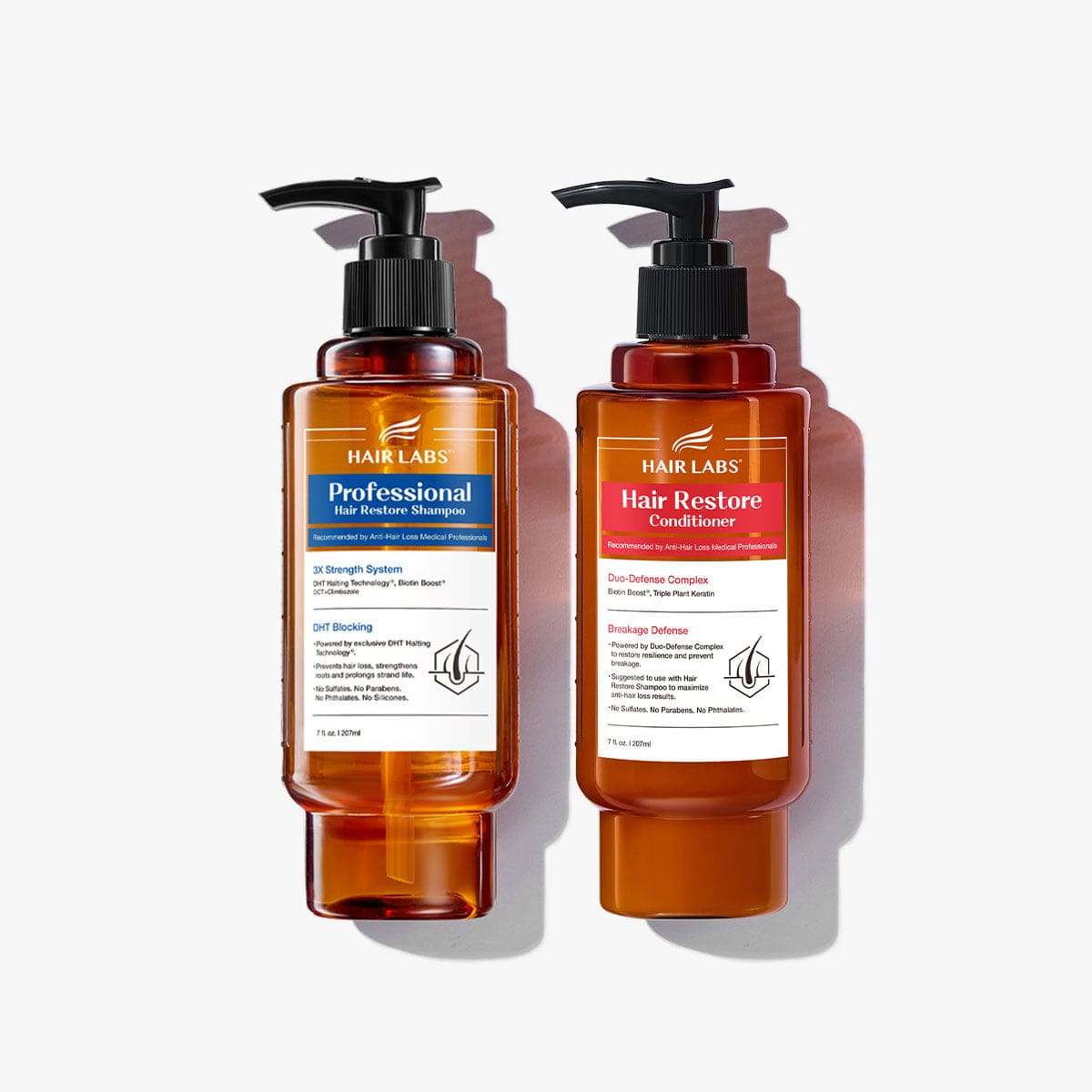Sleep, one of your body’s most basic needs, keeps you looking your best. The effects of sleep deprivation can seep into every aspect of your life, including the health of your hair. Poor sleep influences your nutrition, immune system, and your body’s ability to heal and recharge itself. For healthy hair and a healthy you, you need a full seven to nine hours of sleep every night, and we've got some tips to help you out.
Sleep Deprivation Hits Hair at the Deepest Level
How much you sleep directly affects your appetite and food cravings. If you’re going to eat a balanced diet and get the vitamins and minerals your hair needs, you absolutely have to get enough sleep.
Getting less than seven hours of sleep causes the body to release extra hunger hormones. It also leads to a decrease in the hormone that makes you feel full. You might think, “Great more food means more nutrients for healthier hair,” but that’s not the case.
Not only does sleep deprivation change the volume of food you consume but it also affects the kinds of foods you crave. Your brain has a rewards center that gets a “hit” every time you eat. It’s the body’s way of making sure you repeat certain behaviors and stop others. Anytime you don’t get your seven hours of sleep, this part of the brain gets extra rewards from foods high in fat and sugar. Yes, those cookies and donuts really do taste better when you’re tired.
A 2016 study found that sleep deprivation caused participants to choose foods with 50 percent more calories and twice the fat in comparison to when they were rested. If that’s the kind of food you’re eating, you won’t be getting the nutrients you need for healthy hair. Your hair needs vitamin A, the whole range of B-vitamins, vitamin C, and vitamin D. Those may be in short supply if you’re craving foods packed with empty calories.
Sleep, Hair, and Immune Health
A healthy body has the best possible chance of maintaining your hair. Your immune system has to be fully charged to keep you at your best. And, guess what? Sleep absolutely affects your immune system.
While you sleep, the immune system gets to work building and distributing the antibodies necessary to fight infection. If your body’s resources are being used to fight infection, they aren’t being used to maintain your hair or any other part of your body that impacts your physical appearance. In addition, illness leads to fatigue that further affects how you look and feel, including the sheen and volume of your hair.
Sleep Hygiene Tips for Better Sleep and Hair
Adequate sleep is an integral part of a healthy lifestyle, and healthy hair depends on eating right, exercising, and getting the rest your body and your mind need. We’ve made a list to help you get started on a hair and sleep-supportive way of life.
Get Comfortable
Your sleep space has to be comfortable. That means a mattress that can properly support your weight and preferred sleep position. For couples, the mattress should reduce the transfer of motion as well as enhance temperature regulation so that both partners sleep comfortably.
Comfort also includes the conditions in the room. Cool temperatures between 60 to 68 degrees help maintain the lower body temperature necessary for sleep.
Light is a natural sleep suppressant, so block out as much of it as possible. That may also include light from televisions, radios, and cellphones. Many of these items can also prove to be a distraction when you’re trying to fall asleep. We suggest removing them from the bedroom entirely.
Finally, keep noise out. If you live in a noisy neighborhood or near a busy street, a white noise app or machine can help. White noise is a combination of all other sound frequencies, which gives it the ability to successfully mask the frequencies it includes.
Regulate Your Sleep Schedule
Your brain is designed to recognize patterns of behavior and adapt to them. Having a consistent bedtime and a consistent wake up time allow the brain to adapt to and support your body’s sleep needs. Consistency strengthens your body’s response to sleep hormones, so you can fall asleep faster and stay asleep longer.
Make and Keep a Nightly Routine
A good nightly routine supports your sleep schedule, so your brain knows what to expect and when to start the sleep cycle. It acts as a signpost that says, “sleep now.”
A nightly routine also gives you a chance to rid yourself of common sleep disruptors like anxiety and stress. The routine doesn’t need to be elaborate to be effective. For some people, the simple act of changing into pajamas, drinking a warm cup of milk, and brushing their teeth is enough to make them drowsy.
Others may need proactive stress relief. Yoga and meditation are two Eastern practices that focus the mind while relaxing the body, and both can be done while lying in bed. Mindfulness mediation, for example, trains the body to trigger the “relaxation effect,” which reduces the heart rate and blood pressure. Yoga reduces inflammation and relieves muscle tension. You need all of those things after a stressful day, and a nightly routine makes them a regular part of your day.
Head Into Nature
You need sunlight during the day to keep your body in sync with the Earth’s day/night rotation. Special photoreceptors in your eyes absorb sunlight. In turn, they send signals directly to the region of the brain that controls the sleep cycle. Take a morning or lunchtime stroll outside to make sure you’re getting the light you need. Nature can also help reduce stress and anxiety, so it’s a good way to prevent stress from coming between you and a good night’s rest.
Conclusion
Yes, sleep affects your hair health, but sleep affects your health in just about every capacity. How you look and feel, all of it relies on adequate rest. When you make sleep a priority, you’re giving yourself a hair health boost, but you’re also making a daily commitment to yourself and your long-term health and happiness.



